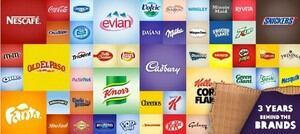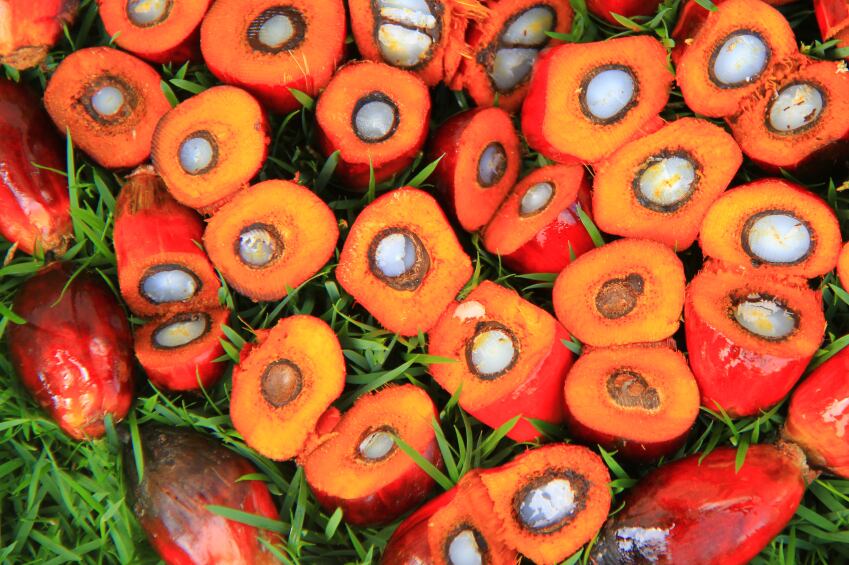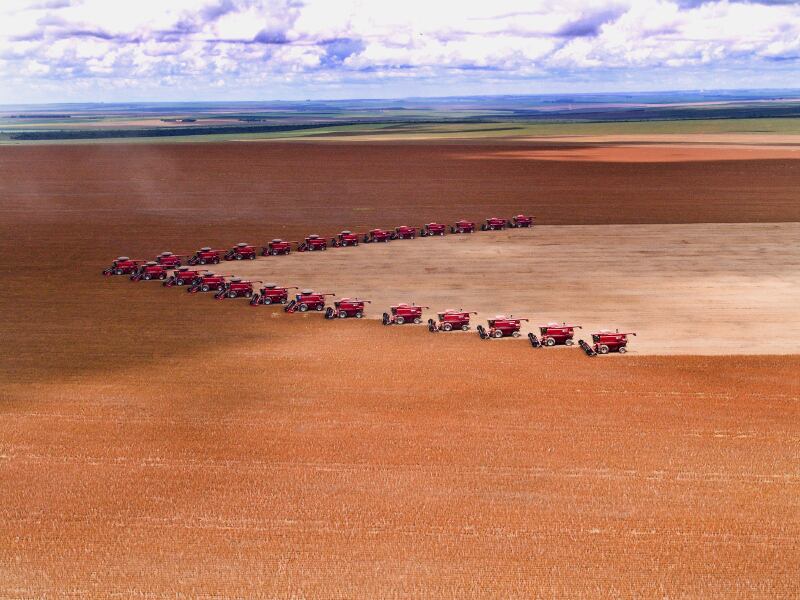Companies are aware of their brand image and the need to manage reputational risk, and it is this concern that makes scorecards effective, according to Sandra Mulder, senior advisor for market change (soy and palm oil) at WWF Netherlands.
The scorecards themselves have both a ‘name and fame’ aspect in that they praise good performers and highlight best practices and a ‘name and shame’ side.
The same goes for Oxfam and its Behind the Brands report.

Erinch Sahan, head of private sector team at Oxfam UK said: “We felt if we could get public support it would reward the top companies and get the worst companies to lift their game.
“We initially go to the companies and before we critique their shortcomings publicly, we show them what we found, ask if there is something we’ve misunderstood [and] if they are planning to change.”
But Sahan stressed that the efficacy of the reports and scorecards also lies in the fact that they are combined with other actions. “We don’t just publish and walk away. The majority of our efforts are spent on engagement with industry more broadly.”
Mulder also said WWF's ranking reports are combined with “more positive” approaches such as bilateral partnerships, platform engagements and multi-stakeholder round tables.
Quantifying the change
So do they actually work in driving sustainability?
Mulder said it is difficult to quantify the exact impact of scorecards and reports as they are just one of many tools used in synergy with others.
“[However], some progress can be measured, such as new membership of Roundtables like RSPO or the Roundtable on Responsible Soy (RTRS), new commitments of companies to responsible sourcing and actual increase of purchase of certified products,” she said.

While WWF cannot always be sure of every reason behind a company’s decision, following publication of its latest soy scorecard, the Compass Group and Keko became RTRS members; the UK’s Co-Operative Group began purchasing RTRS credits; and French retailer Auchan and Nestlé have begun discussions with WWF.
Following its 2015 report, Oxfam organised a multi-stakeholder meeting held in Ghana with cocoa traders, chocolate brands, cocoa producers’ organizations, government and NGOs which it held up as tangible proof of how the cocoa sector responded to its challenge.
How do suppliers see it?
Consumer attention on sustainable ingredients in their favourite brands has certainly been increasing, and this is being felt throughout the supply chain. This year food giant Nestlé announced it would sever all ties with Malaysian palm oil supplier IOI following its suspension from the Roundtable on Sustainable Palm Oil (RSPO) for non-compliance of certain RSPO principles and criteria, notably on protecting forest and peatland.
Although IOI initially took the suspension badly and, in a knee-jerk reaction that surprised many, announced it would sue RSPO. It later dropped the court proceedings amid a wave of negative publicity, and has since said it will be revising its own sustainability policy with the results due next week.
Cargill: ‘We see NGOs as critical friends’
Director of cocoa sustainability at Cargill, Taco Terheijden, told FoodNavigator scorecards are beneficial but warned against assessing a situation that is not placed in the right context.
“We see them [NGOs] as critical friends. But you need to realise that if you are that critical of a friend you also have a role in educating and informing – what are those challenges and why can’t they all be addressed at the same time? – instead of simply shaming.
“It’s their role to drive change and get things in motion but as a friend they should be part of the dialogue,” he said.
Who to include?
The question of which companies are included, and what data is used, in such reports can also impact their meaningfulness.

Oxfam’s Behind the Brands report does what it says on the tin: it sets out to rank the world’s ten biggest consumer-facing brands, and it does so using publicly available data taken from CSR reports - rather than an actual analysis of companies' practices - so that any stakeholder can then hold these companies to account, it says.
WWF says it clearly cannot include every company in the world and so it must choose which country or sector to include. It says it clarifies which sectors and geographies are included as well as its inclusion criteria and so this makes the report transparent.
However the robustness and transparency of its 2016 soy scorecard has been questioned as it did not include any analysis of Germany's efforts – a significant importer of soy for livestock feed - in sustainable soy sourcing.
WWF said Germany was left out for internal reasons – a stakeholder process is currently underway exploring sustainable protein feed in Germany but the results have yet to be published - although none of this was highlighted in the report itself.
“We expect there will soon be results of this process and then we are looking forward to the evaluation of German companies in the next WWF soy score card to see if they are performing well or not,” said Mulder.
